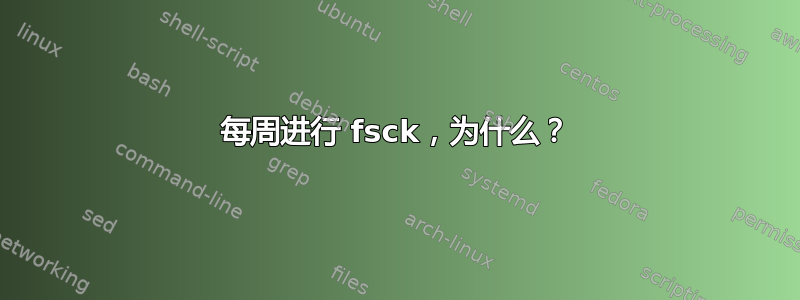
我已经安装了操作系统Ubuntu,但是这个消息每天都会出现
(Initramfs): /dev/sda6 contains a file system with errors, check forced.
Inodes that were a part of a corrupted orphan linked lost found.
/dev/sda1 : UNEXPECTED INCONSISTENCY; RUN fsck manually.(I.e .,
without -a or -p options). fsck exited with status code 4. The root
filesystem on /dev/sda1 requires a manual fsck
我必须这样做:
fsck /dev/sda6
我的硬盘坏了?我该如何解决这个问题?
答案1
你的命令应该是fsck -f /dev/sda6
注意:楼主编辑了这个问题,所以上面的答案不再完整
更新#1:
从我所知道的一点西班牙语来看,您的硬盘可能出现故障。我们可以尝试对磁盘进行坏块处理,看看是否能在没有所有 fsck 的情况下使其更可靠地工作。
Note: do NOT abort a bad block scan!
Note: do NOT bad block a SSD
Note: backup your important files FIRST!
Note: this will take many hours
启动至 Ubuntu Live USB/DVD。
在terminal...
sudo e2fsck -fcky /dev/sdXX# 只读测试
或者
sudo e2fsck -fccky /dev/sdXX# 非破坏性读写测试(受到推崇的)
-k 很重要,因为它会保存之前的坏块表,并将任何新的坏块添加到该表中。如果没有 -k,您将丢失所有之前的坏块信息。
-fccky 参数...
-f Force checking even if the file system seems clean.
-c This option causes e2fsck to use badblocks(8) program to do a
read-only scan of the device in order to find any bad blocks.
If any bad blocks are found, they are added to the bad block
inode to prevent them from being allocated to a file or direc‐
tory. If this option is specified twice, then the bad block
scan will be done using a non-destructive read-write test.
-k When combined with the -c option, any existing bad blocks in the
bad blocks list are preserved, and any new bad blocks found by
running badblocks(8) will be added to the existing bad blocks
list.
-y Assume an answer of `yes' to all questions; allows e2fsck to be
used non-interactively. This option may not be specified at the
same time as the -n or -p options.
更新 #2:
对磁盘进行坏块处理之后,我们可以看到磁盘已经出现故障。
备份所有可以备份的数据。
更换磁盘。
重新安装 Ubuntu 并恢复您的数据。







